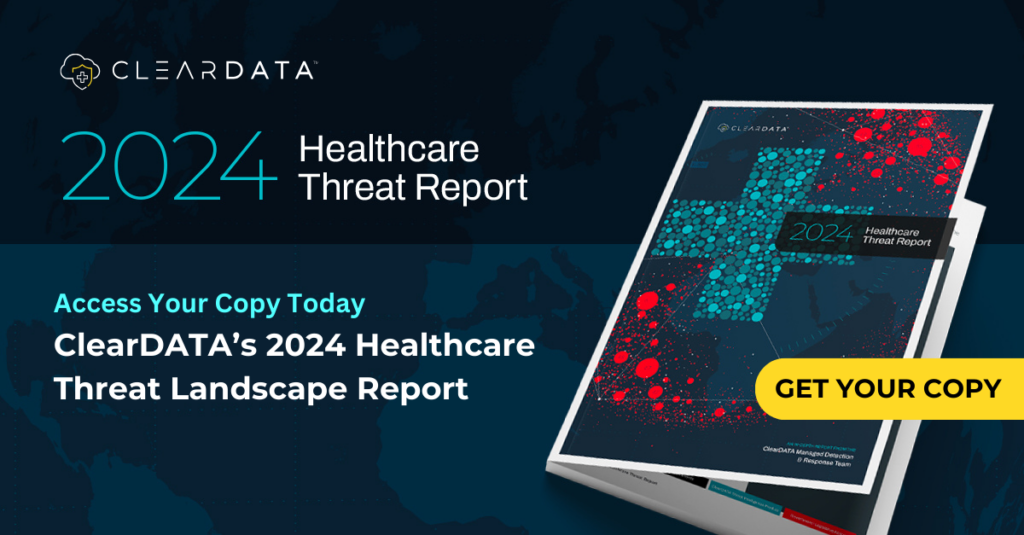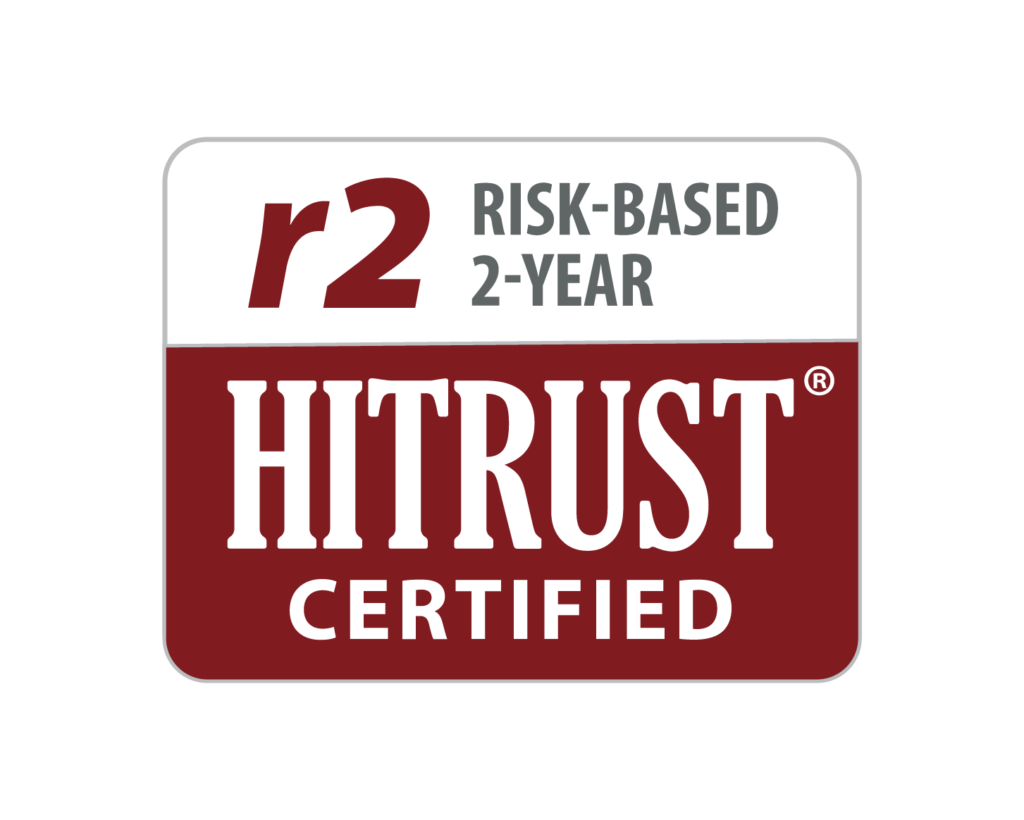ClearData Health Care Managed Cloud Comes to AWS
With the ClearData Healthcare Managed Cloud, organizations can store, manage and securely share their data from a single location.
The offering enables health care organizations to leverage AWS’ secure framework to safeguard patient health information.
“With all of the health care expertise within ClearData, it was a perfect match to offer a health care managed cloud that runs on Amazon Web Services,” Matt Ferrari, Co-Founder & Former CTO with ClearDATA, told eWEEK. “The deal itself came about as both parties thought through the top priorities within healthcare IT organizations today. An outcome of our health care focus is that system availability, flexibility and security are things that health care IT organizations need in order to keep patient care their top priority.”
With the ClearData Healthcare Managed Cloud, organizations can store, manage and securely share their data from a single location.
The company will also leverage the advanced features of AWS’ infrastructure, including multi-region fail-overs, log analysis, AWS Identity and Access Management (IAM) permissions and a dedicated DevOps practice.
“Legacy health care applications and even on premise healthcare data centers are often outdated when it comes to security, both at the application layer as well as the physical layer,” Ferrari said. “This has led to an alarming rise in the number of breaches as healthcare data is now deemed extremely valuable to hackers. Cloud technology enables organizations to take advantage of many layers of security, which may range from data encryption to threat management, and drive accelerated compliance for healthcare organizations.”
Protected health information resides in a HIPAA-compliant, HITRUST-certified environment on the AWS Cloud, and the platform gives users the capability to store and analyze large datasets to gather insights into patient care, population health and health care administration.
“As health care IT adopts cloud services, I see many health care organizations starting to focus on gathering insights from their data,” Ferrari said. “With cloud computing, they no longer have to spend a large percentage of their time worried about the physical infrastructure components.” Instead, they can focus on how to make an impact in healthcare, which may include technologies such as big data analytics.”


